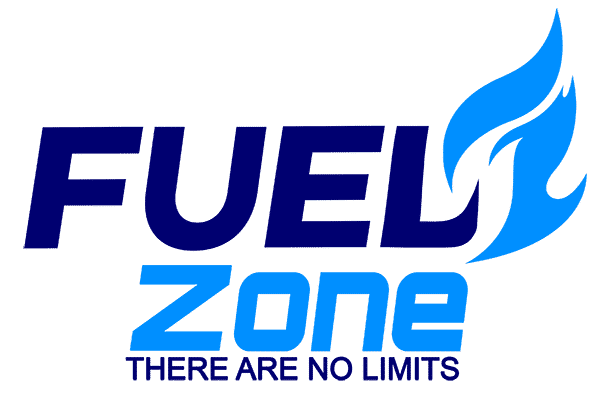Fuel theft has become an increasingly serious issue in South Africa, impacting the economy, the environment, and the livelihoods of countless individuals. As syndicates and opportunistic thieves target fuel pipelines, storage facilities, and delivery trucks, the consequences ripple across supply chains and consumer prices. This blog delves into the scale and tactics of fuel theft, its effects on supply chains and pricing, technological and policy-driven solutions, and the importance of collaboration between the private and public sectors.
The Scale and Tactics of Theft
- Scale of the Problem:
- South Africa loses millions of liters of fuel annually to theft, with significant financial losses for oil companies, transport operators, and the broader economy.
- The rise in organized fuel theft syndicates has exacerbated the problem, making it a national concern.
- Common Tactics:
- Pipeline Tampering: Thieves puncture pipelines to siphon fuel, often leaving behind leaks that result in environmental damage.
- Theft from Storage Facilities: Fuel is stolen from tanks and depots, often using forged documents or insider assistance.
- Hijacking of Delivery Trucks: Criminals target fuel transport vehicles, using force or deception to divert shipments.
- Adulteration and Resale: Stolen fuel is often mixed with lower-quality substances and sold on the black market, posing risks to consumers and machinery.
How Theft Affects Supply Chains and Prices
- Disrupted Supply Chains:
- Fuel theft creates inefficiencies in the distribution network, delaying deliveries and increasing operational costs for suppliers.
- Pipeline repairs and security enhancements add further strain on logistics.
- Increased Prices:
- Losses from theft are often passed on to consumers in the form of higher fuel prices, affecting households and businesses alike.
- The economic burden of theft disproportionately impacts low-income communities that rely heavily on affordable fuel.
- Environmental Damage:
- Pipeline tampering often leads to fuel spills, contaminating soil and water sources. These environmental impacts are costly and time-consuming to remediate.
Technological and Policy-Driven Solutions
- Advanced Monitoring Systems:
- Pipeline Surveillance: Deploying sensors, drones, and AI-powered monitoring systems can detect unauthorized activities in real-time.
- Vehicle Tracking: GPS-enabled systems help transport companies monitor their fleets and respond quickly to potential hijackings.
- Improved Security Measures:
- Securing storage facilities with biometric access controls, surveillance cameras, and alarms can deter theft.
- Enhanced training for employees to recognize and report suspicious activities is also critical.
- Legislative and Policy Frameworks:
- Stricter penalties for fuel theft, combined with more robust enforcement, can deter criminal activity.
- Policies to regulate the resale of fuel and ensure quality control can curb the black market.
- Public Awareness Campaigns:
- Educating consumers about the risks of purchasing stolen or adulterated fuel can reduce demand and support enforcement efforts.
Collaboration Between Private and Public Sectors
- Industry Partnerships:
- Oil companies, logistics providers, and other stakeholders must work together to share intelligence and best practices for combating fuel theft.
- Collaborative efforts to standardize security protocols across the industry can create a unified front against theft.
- Government Involvement:
- Public agencies play a crucial role in enforcing laws, investigating theft rings, and prosecuting offenders.
- Partnerships between the government and private companies can enhance the effectiveness of technological solutions and policy enforcement.
- Community Engagement:
- Local communities are often the first to witness suspicious activities. Engaging them as partners in prevention and reporting can strengthen overall efforts.
Conclusion
Fuel theft is not only an economic burden but also an environmental and social challenge that requires urgent attention. By leveraging advanced technology, implementing stronger policies, and fostering collaboration between the private and public sectors, South Africa can take significant strides toward addressing this growing concern. A unified effort will protect the country’s fuel infrastructure, stabilize prices, and minimize environmental harm.
For more insights into fuel security and industry challenges, visit FuelZoneSA.
